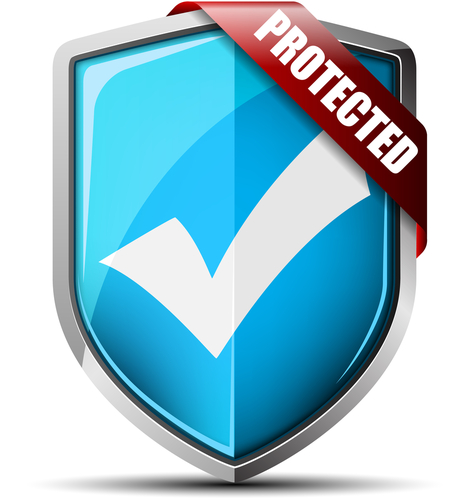

Protect Yourself Against Keyloggers And Webcam Hijacking
Recent reports revealed that the FBI has been able to remotely activate webcams and log keystrokes without any evidence to users that they’re doing it. These tactics have been used to investigate crimes, but they reveal the capabilities of hackers. If the FBI has the ability to remotely access your webcam and log your keystrokes, then so do criminals. Mathew J. Schwartz of Information Week published some tips that help protect specifically against these kinds of threats.
- Anti-keyloggers and antivirus
Antivirus and anti-malware programs are important to your computer’s security, but they don’t protect against every threat. Most are unable to detect a keylogger. But, there are programs specifically designed to thwart a keyloggers attempts. These programs don’t identify and remove this type of malware. Instead, they encrypt or scramble your keystrokes so that no other program can record them. Even anti-keyloggers won’t completely protect you, but they’re useful against the most common keylogger malware.
- Phishing attacks
Attacks through your email are the most common ways malware, like keyloggers or webcam hijackers, find there way onto your computer. To protect yourself, be extremely cautious about what emails you open, what links you follow and what attachments you download. Generally, if you’re not expecting an email, you don’t need to read it or download any attachments. It’s also important to keep your browser, operating system and antivirus software updated to protect against the latest threats.
- Be protective of passwords
Too many users are willing to input passwords to their most valuable online accounts in low security situations. If you arrived at a site by clicking a link in your email, don’t put your password in. It’s possible that, even if the site looks legitimate, it’s a spoofed version of the actual site. Instead, put the URL into your browser yourself. If you’re using public or unsecured WiFi, it’s also not a good idea to log-in to any accounts. These networks allow hackers to easily intercept data, which means you could be handing them your log-in credentials. Wireless keyboards also pose a problem. Recent keyloggers have been able to intercept data from wireless keyboards.
- Webcam undercover
If you’re worried about remote activation of your webcam, which allows you to be photographed or recorded without your knowledge, there’s one surefire way to protect yourself. Cover your webcam. Hackers are able to activate your webcam without any of the notification lights coming on. So, you’ll never know for certain that you’re safe, unless the webcam is covered. The most popular method is to cover it with a bandage when you’re not using it. This way, no sticky film gets on the camera lens itself.
Hackers are continually evolving their tactics and, as technology improves, their capabilities increase.
If your computer is infected with malware, or you’d like to improve the security at home or at your business, contact Geek Rescue at 918-369-4335.
December 11th, 2013








